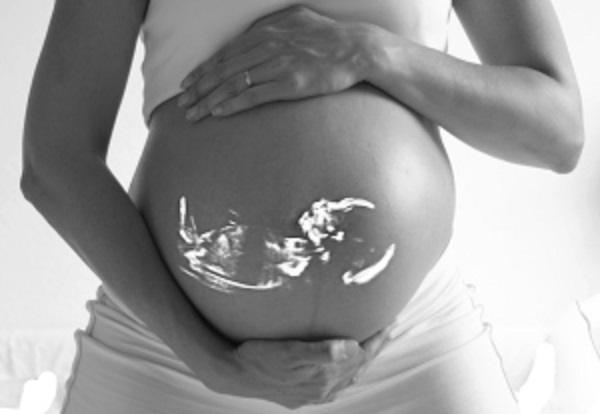In what seems like record time, Planned Parenthood convinced a judge to block a new Tennessee pro-life law just 45 minutes after Gov. Bill Lee signed it Monday morning.
The Tennessean reports Lee signed the law to protect unborn babies from abortion once their heartbeats are detectable around 11 a.m., and a federal judge blocked the state from enforcing it by 11:45 a.m.
Planned Parenthood and the American Civil Liberties Union were overly anxious to stop Tennessee from saving unborn babies’ lives. They filed the lawsuit in June while the legislation was still a bill, and a judge initially told the groups that their challenge was premature, according to WBIR.
On Monday, however, after Lee signed the law, U.S. District Judge William L. Campbell issued a temporary restraining order blocking the state from enforcing it, according to the report.
“Plaintiffs have demonstrated they will suffer immediate and irreparable injury, harm, loss, or damage if injunctive relief is not granted pending a preliminary injunction hearing,” he wrote in his ruling. “The Act will immediately impact patients seeking abortions and imposes criminal sanctions on abortion providers.”
In a statement afterward, Ashley Coffield, CEO of Planned Parenthood Tennessee and North Mississippi, claimed the ruling was a victory for “all of our patients.”
The abortion chain does not consider unique, living unborn babies patients. Many believe it does not truly care about women either. About a year ago, Tennessee Planned Parenthood employees went public with their concerns about the abortion group putting money ahead of patients’ well-being. According to the Nashville Scene, their concerns included a potential health hazard: “new management stopped providing doctors with sterile gloves and, staffers say, wanted to use small plastic drinking cups for urine samples.”
HELP LIFENEWS SAVE BABIES FROM ABORTION! Please help LifeNews.com with a year-end donation!
Though the new pro-life legislation is described as a heartbeat bill, it includes many different measures to protect unborn babies and mothers. The law passed the state legislature in June, and pro-life lawmakers said they wrote the bill to withstand a legal challenge.
The heartbeat portion of the bill prohibits abortions once an unborn baby’s heartbeat is detectable, about six weeks of pregnancy. It also includes other levels of restriction going up from eight weeks to 24 weeks of pregnancy, which would go into effect depending on what a court may strike down, the report states.
The bill also bans discriminatory abortions based on the unborn baby’s sex, race or a Down syndrome diagnosis. It allows exceptions if the mother’s life is at risk. Abortionists who violate these bans could face felony charges.
The pro-life legislation includes informed consent measures as well. It requires abortion facilities to inform women about the abortion pill reversal procedure and the size and gestational age of their unborn babies. It also requires abortion facilities to allow the mother to hear her unborn baby’s heartbeat and see the baby on an ultrasound.
Lee said Tennesseans support protections for unborn babies, and the lawmakers whom they elected worked hard to pass the legislation.
“Life is precious and everything that is precious is worthy of protecting,” Lee said Monday. “It’s our responsibility to protect the most vulnerable in our community, and certainly the most vulnerable in Tennessee includes the unborn.”
But Jessica Sklarsky, senior staff attorney at the Center for Reproductive Rights, slammed the law as unconstitutional.
“Tennessee should stop attacking reproductive healthcare and instead work to implement policies that will help marginalized communities. This law does the exact opposite,” Sklarsky said.
The pro-life legislation could save tens of thousands of unborn babies’ lives and protect their mothers, but the success of the heartbeat ban against a legal challenge is uncertain.
Some pro-lifers have renewed hope that the conservative-majority U.S. Supreme Court will uphold an abortion ban and overturn Roe v. Wade. Others, however, are hesitant because of concerns about losing the court battle and being forced to reimburse pro-abortion groups for their legal fees.
The Supreme Court took away the states’ ability to protect unborn babies from abortion under Roe v. Wade, and instead allowed abortion on demand through all nine months of pregnancy. Roe made the United States one of only seven countries in the world that allows elective abortions after 20 weeks.








